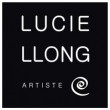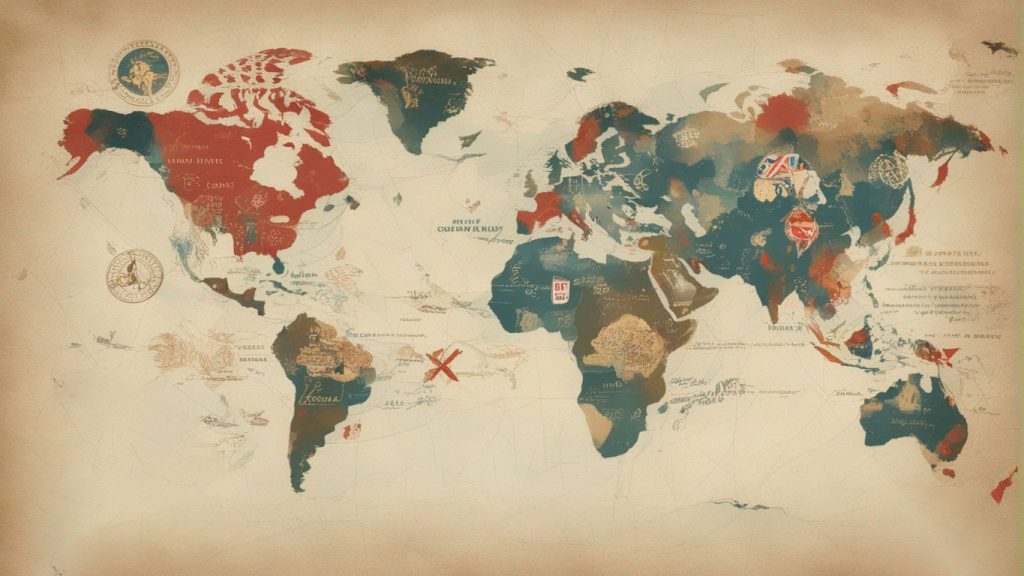Rugby World Cup …. En maintenant, bonjour Paris
As is often the case in my articles, I start with a quote. I looked for one by William Webb Ellis, but couldn’t find any. Presumably, he preferred playing rugby rather than talking about it.
Lucie LLONG
(Sports artist & rugby lover)
In this article, I invite you to journey through the history of rugby by way of anecdotes from the 9 World Cups. Thanks to a unique blend of anecdotes, retrospective videos, and artistic paintings, I have sought to shed new light on this sport in an original way. So are you ready for the journey? Meet me in this unique exploration halfway between sports and art by a rugby enthusiast.
Rugby World Cup 2019 - A typhoon, a real surprise, and Owen Farrell's smile
For the first time, an Asian country hosted the Rugby World Cup and it’s fair to say that nothing went as expected. Japan, an emerging rugby nation, welcomed the oval world between its opulent modernity and ancient traditions.
The weather whims of Mother Nature
While history will remember South Africa’s victory over England, what could be more surprising for these two teams used to dominating world rugby, is that the group stage was strongly disrupted by a typhoon named Hagibis (meaning “rapid” in Philippine), the surprise guest of the competition. Battered by torrential rains, flooding and winds over 200 km/h, Japan held its breath and decided to cancel certain matches to ensure the safety of players and supporters who came from all over the world to support their teams. France – England and New Zealand – Italy among others were cancelled, sparking some controversy and depriving Sergio Parisse of his final match against the All Blacks with Italy.
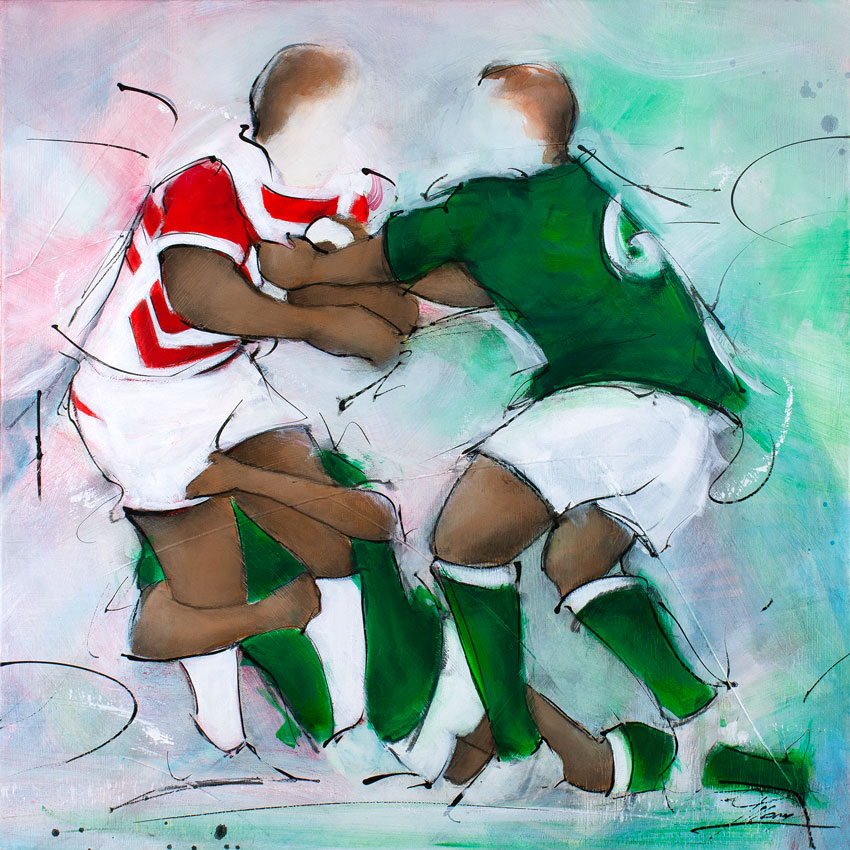
The victory of the japanese David over the irish Goliath
In sporting terms, the main surprise came from the exceptional and historic performance of the Japanese Cherry Blossoms beating the Irish ogre, one of the favorites of this World Cup. This shows that even if surprises are rare, rugby is a sport where anything can happen, even the victory of a small team over a rugby giant like Ireland. Carried by their home crowd, the Japanese players seemed endowed with superpowers, running to the four corners of the field, defending every centimeter of ground like samurais and matching brute force with uncommon generosity and enthusiasm.
The English provoke the All Blacks in the semifinal
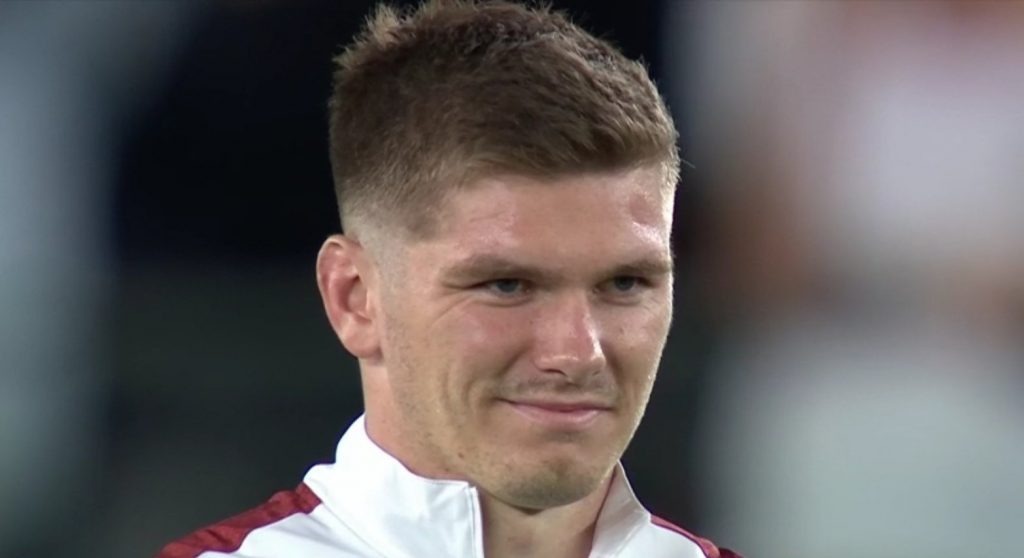 Finally, sometimes actions speak louder than words in expressing how you feel. Owen Farrell’s smile during the semifinal against the All Blacks said a lot about the English team’s determination. Placed in a V-formation as the French team did in 2011, the English players, confident in their strength, challenged the All Blacks, the reigning two-time world champions and the team to beat in this World Cup. There was no upset in this match as the English dominated and eliminated the All Blacks in their quest for a third consecutive title. In hindsight, I believe her Majesty’s players won this match before kickoff, unlike the final where they faltered somewhat.
Finally, sometimes actions speak louder than words in expressing how you feel. Owen Farrell’s smile during the semifinal against the All Blacks said a lot about the English team’s determination. Placed in a V-formation as the French team did in 2011, the English players, confident in their strength, challenged the All Blacks, the reigning two-time world champions and the team to beat in this World Cup. There was no upset in this match as the English dominated and eliminated the All Blacks in their quest for a third consecutive title. In hindsight, I believe her Majesty’s players won this match before kickoff, unlike the final where they faltered somewhat.
Rugby World Cup 2015 - Legend Richie McCaw bids farewell
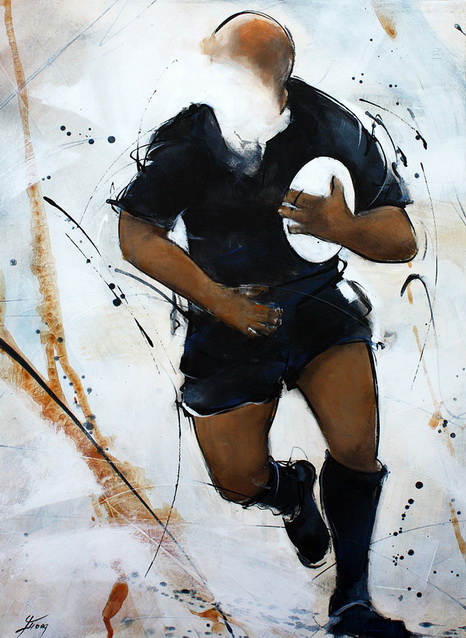
October 31, 2015 – Arms raised to the sky holding the glittering Webb Ellis Cup, Richie McCaw has just finished his rugby career. The most beautiful farewell for a legend of the sport.
While the man was as hated as he was loved, his charisma, achievements, and longevity at the highest level make him the greatest player of all time. Some of his records will likely be very difficult to break. His committed, borderline style of play made him a regular target of media and opponents alike. No matter, McCaw was impervious to pressure and provocation, on the contrary he embraced it fully. But how can we not salute his unparalleled on-field intelligence, his extraordinary ability to make ground and reassure his team.
And even if the reservoir of New Zealand players is bursting at every position, choosing must be a real headache for selectors. Picking the number 7 was certainly the easiest choice and the first name penned on every team sheet.
Richie McCaw’s achievements and records
Rugby World Cup 2011 - The day the All Blacks doubted
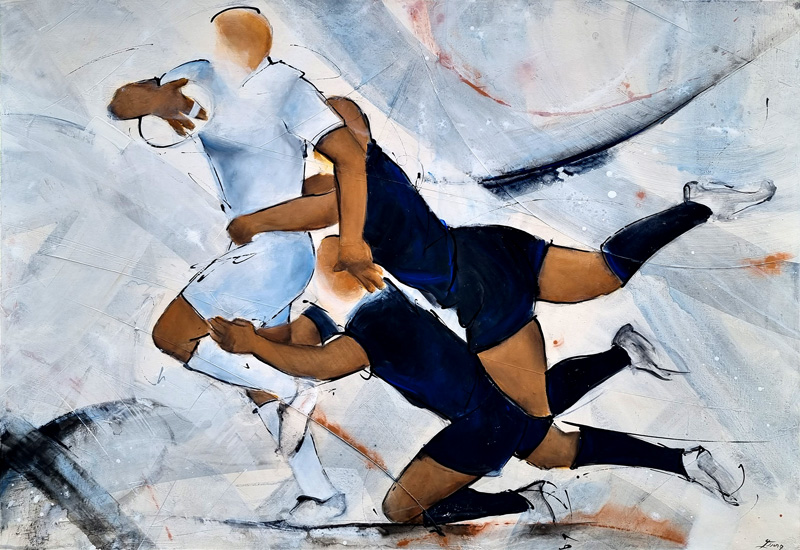
France, defeated 37-17 in the pool stage, meets New Zealand, the overwhelming favorites, in the final. History will remember France’s chaotic path to the final. With 2 losses in the group stage, without a stroke of luck, France would not have made the quarterfinals. Without the red card to Welsh captain Warburton, they may not have made the semis either, but here they are. The bookmakers give them little chance against the dominant and seemingly unbeatable All Blacks. The haka rumbles through Eden Park, taken up by thousands of Kiwis promising hell for the French XV.
United, the French players in white stare down their opponents. Around captain Thierry Dusautoir they form a V, the V for victory for this team of underdogs, disparaged and criticized but very much present. Unfazed by the warrior-like gestures and threats of the haka, they advance, solidary and unflappable towards the All Blacks. The tone is set.
The match is physical, even violent, but the French take the hits and push the All Blacks back. Surprise and doubt are visible on the usually calm and seasoned players’ faces. I had never seen the New Zealanders so destabilized. In the end, New Zealand wins but France leaves with honor and above all many regrets.
The best team of the World Cup won, for sure. France certainly should never have been in the final but they were the better team on the day on the pitch. The French could have, should have, won this match that remains the closest final in World Cup history.
Final score 8-7.
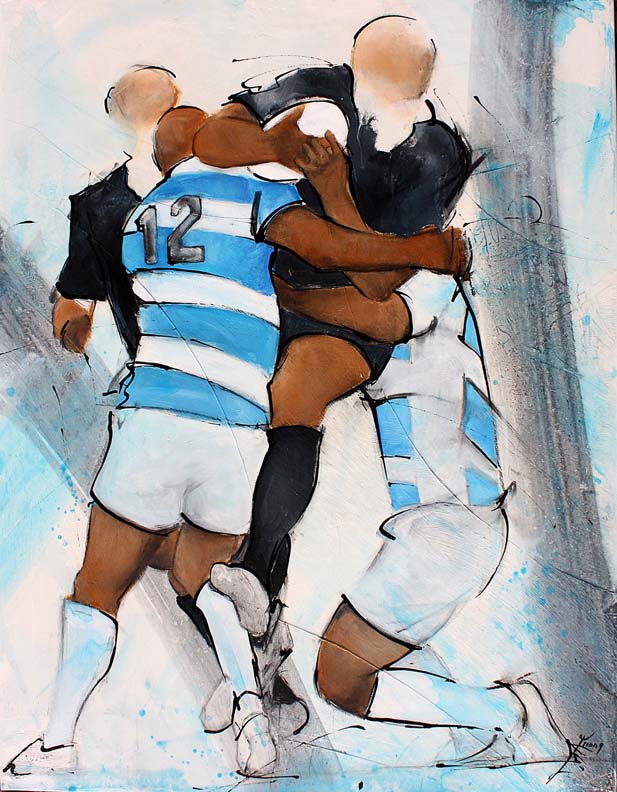
Rugby World Cup 2007 - Argentina emerges as one of a Rugby world best team
In a country where football is religion, rugby long struggled to spread its values. Yet in recent years, the Pumas have been playing well and racking up prestigious wins against Wales, France, and the Springboks. If not for a last-second kick by Sir Jonny Wilkinson, they would have also beaten the fearsome British Lions in 2005.
Argentina came into the 2007 World Cup confident in its strength, led by a talented generation of players from top French and English clubs. They practically played at home in the competition hosted by France. Finishing top of their pool with a resounding win over France at the Stade de France, beating Scotland in the quarterfinals, only the Springboks, eventual champions, managed to contain their assaults and defeat them. Undoubtedly Argentina and its Pumas left their mark and would never again be seen as a minor rugby nation.
Argentina even afforded themselves the luxury of again beating France in the 3rd place match to claim 3rd position. The Pichot, Ledesma, Fernandez-Lobbe, Hernandez, Contepomi, Albacete had cemented their place in the legend of the sport.
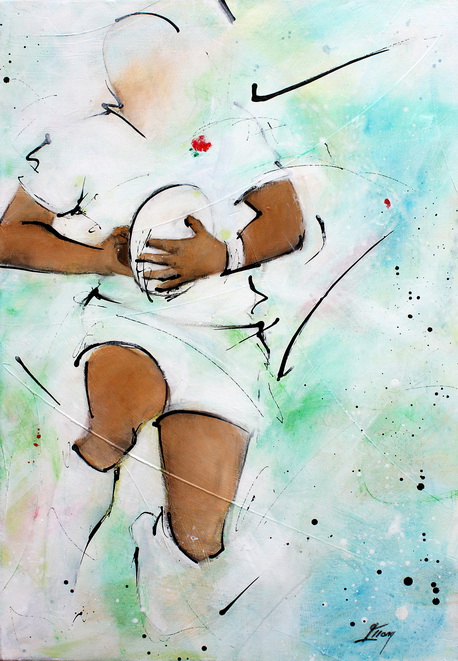
Rugby World Cup 2003 - Live from Australia...
This World Cup was a very special moment for me because I happened to be in Australia at the time. What a pleasure to experience the competition from the inside and come across players from around the world on the streets of Sydney. Ma’a Nonu, a nobody back then, strolling near the opera house, the French swimming at Bondi Beach, the Canadians at a pub on George Street. For a few weeks Sydney became the beating heart of the rugby world and I was there.
Darling Harbour was teeming with life, pubs packed for the clash between the defending champion Wallabies and perennial favorites the All Blacks. Aussies and Kiwis cheerfully ribbed each other, drinking endless fosters together without caricature. Beer flowed and nachos crunched.
A week later, Martin Johnson’s England would be crowned world champions. The instinctive, attacking Aussies were given a lesson in pragmatism and efficiency by the English. More than any other, Jonny Wilkinson embodied this victory. There was his winning drop goal but also his patience, rigor in writing the finest line on English rugby’s resume. The World Cup came for the first…and to this day…last time to enjoy the European air.

It was also in 2003 in Sydney during the Rugby World Cup that I created my first rugby painting, the first of a long series I’m still working on. I painted this canvas for my grandfather, a rugby player from Catalonia.
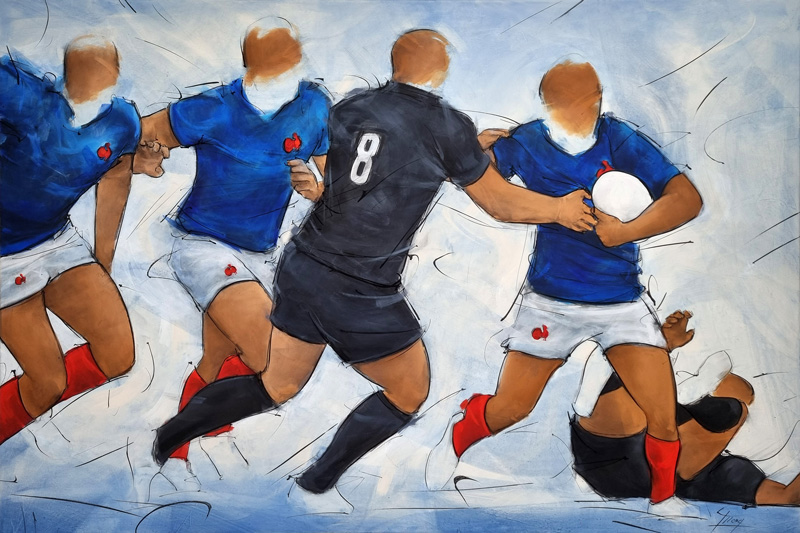
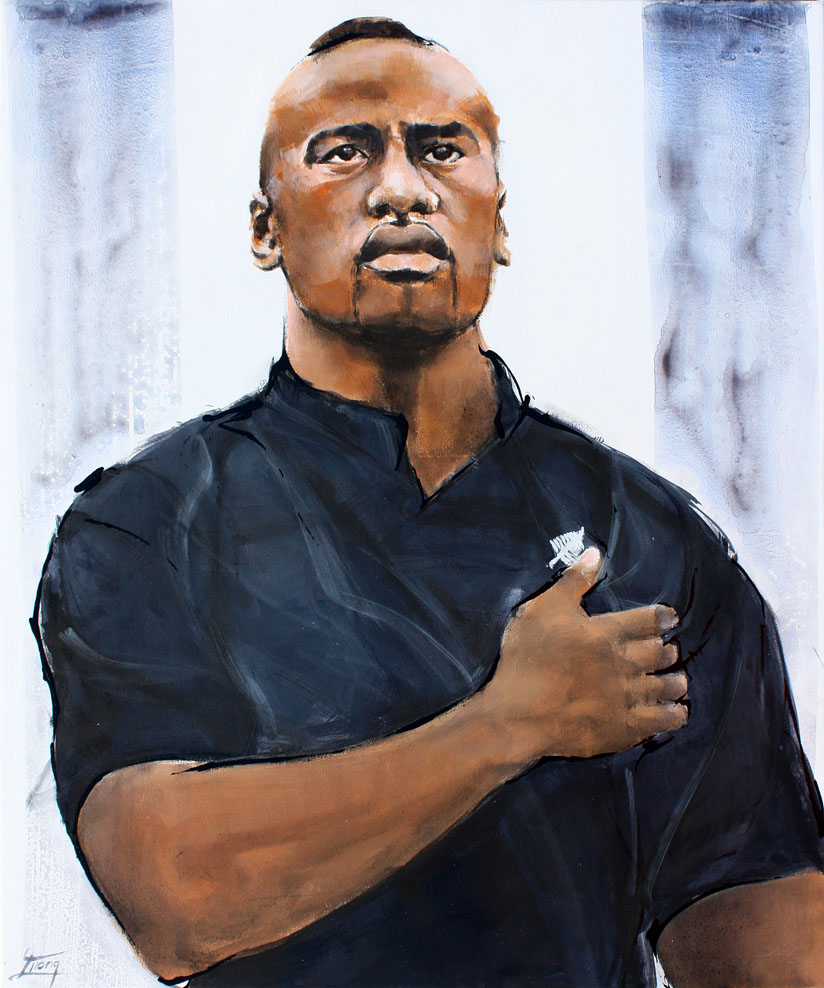
Rugby World Cup 1999 - The greatest match...Without chavinism
I sometimes feel like a broken record, but as always the All Blacks were favorites, carried by stars like Jonah Lomu, Christian Cullen, Josh Kronfeld and Tana Umaga, all on the pitch. Ibanez’s French team was overwhelmed and seemed incapable of stemming the tide of the overpowering Lomu, who scored 2 tries. I had the pleasure of meeting him and chatting in 2010 in Paris. He was signing autographs with Carlos Spencer at the Adidas store on Rue de Rivoli. But I digress, back to this famous match, 17-10 at halftime and then 24-10 after 45 minutes. The All Blacks were in control and nothing seemed likely to trouble them.
Nothing except a surge of pride, or rather French pride, clearly not resigned to being the All Blacks’ punching bags. The forwards stiffened up, faced down the formidable New Zealand back row. Gaps started opening up for the French backs. Faced with Lamaison’s genius and the speed of the late Dominici and Bernat-Salles, the sturdy All Blacks eventually cracked. Once, then twice, the French closed the gap, pushed forward and in a nailbiter, won the match. The 43-31 score was far from trivial, the French had overcome a 14-point deficit and scored 33 points in 35 minutes.
Never in their history had the All Blacks conceded so many points in such a short time, one of French rugby’s finest feats. French flair incarnate…and one of if not the greatest match I’ve ever watched.
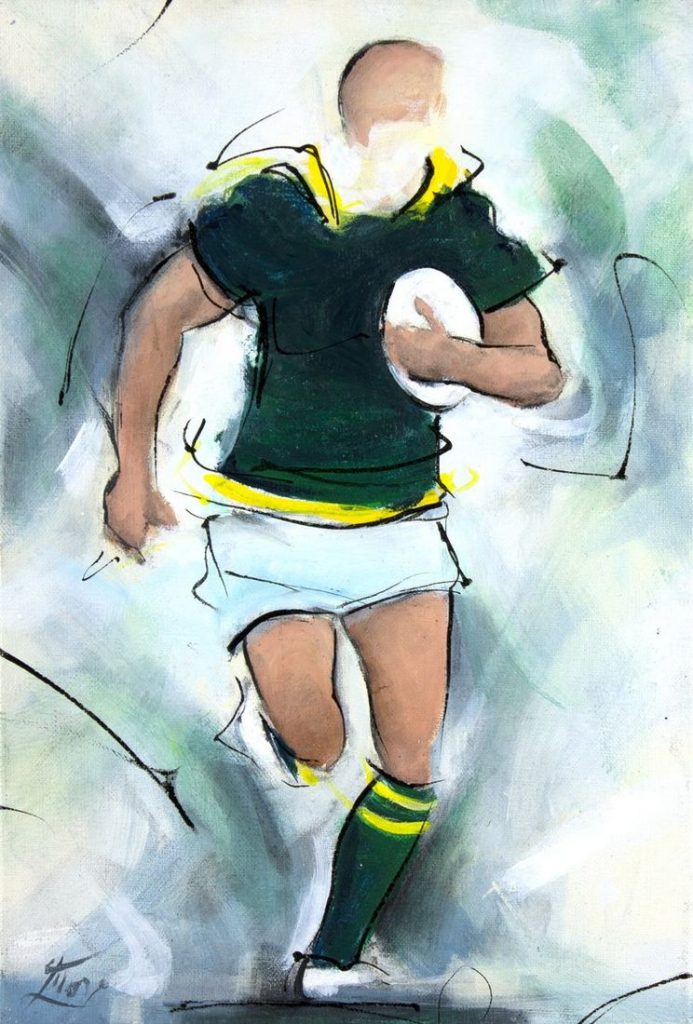
Rugby World Cup 1995 - The rebirth of the rainbow nation
Politics somewhat overshadowed sports at the Springboks’ first Rugby World Cup appearance. While apartheid was over, racial issues persisted in a nation with a heavy colonial past. Nelson Mandela, the newly elected black president with massive support from the black community, wished to unite the country around an idea of harmony and mutual respect. The local rugby team, the Springboks, mostly white, was one of the major symbols of apartheid.
With the support of captain François Pienaar, Nelson Mandela would use sports to lay the foundations of the rainbow nation, multicultural and enriched by its diversity. To do so, the team needed to win and match by match win over the hearts of millions of South Africans scarred by racial confrontations – unity was at stake. The chosen anthem “World in Union” symbolized through its lyrics and images Nelson Mandela’s humanist and altruistic vision. A true musical treat.
The Springboks, national heroes
The recently deceased Chester Williams, the only black player on the 1995 Springboks roster, long symbolized this first bond of friendship and unity between all South Africans. The truth on the pitch was certainly less glamorous. Nothing seemed able to disrupt the Springboks’ formidable victorious campaign. In a few weeks they went from a pro-apartheid team, hated in their own country, to a symbol of unity for an entire nation.
No one knows if the semifinal against France was fixed. If the All Blacks were poisoned. If the Springboks were doping. More than any other, this competition marked minds through the fabulous welcome from South Africans and Mandela’s political victory. This winning generation paid a heavy toll for the advent of the rainbow nation. Many legendary Springbok players of the time have passed away, this time struck down by rare illnesses.
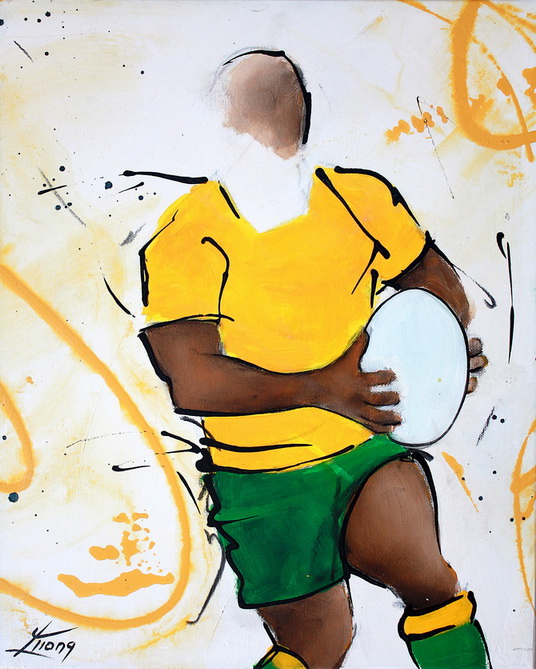
Rugby World Cup 1991 - Ode to audacity and creativity
How can we not mention the Australians’ determination to go all the way, risking it all, in the face of Irish fighting spirit? David Campese lit up this World Cup with his class, involved in every great move, scoring and assisting his teammates. In the quarterfinals the Irish thought they had won with a lucky try before a final scrum. The Australians unleashed their whirling backs to score. Audacity sometimes pays off – quick pass out, double around, break the line, try. What can you say…
The semifinal was one-way traffic, the Blacks suffocated. Campese shined again with his trademark goose step to score. He was involved in the Wallabies’ second try, with a blind pass sending Horan over the line, a gem. A cruel reality for the All Blacks, defending champions.
The Australian artists of the ball got the better of England. The English, out of steam, lost a battle of the trenches at Twickenham in a very tight match. Not many great flights of fantasy but no matter, only victory is beautiful. Even artists sometimes need a rest.

Rugby World Cup 1987 - The first one under the radar
New Zealand hosted the cream of world rugby for the first edition in the humidity and cool of the southern autumn. Far from the current media hype of the Rugby World Cup, this competition laid the foundations of the concept.
Although Antenne 2 covered the event and shared highlights during the Sunday sports program Stade 2, rugby fans followed their favorite teams in the daily papers.
Serge Blanco’s ghost try against Scotland that no one saw remains an enigma.
The try at the end of the world in the semifinal against Australia, an 80-meter masterpiece capping an epic match.
Unsurprisingly, the All Blacks won against a tired French team in a one-sided match. The Battle of Sydney semifinal had been grueling and the valiant French soldiers, victorious but exhausted, had left too much energy on the pitch to overcome the All Blacks at home.
With Pierre Albaladejo and Pierre Salviac on the mic.
